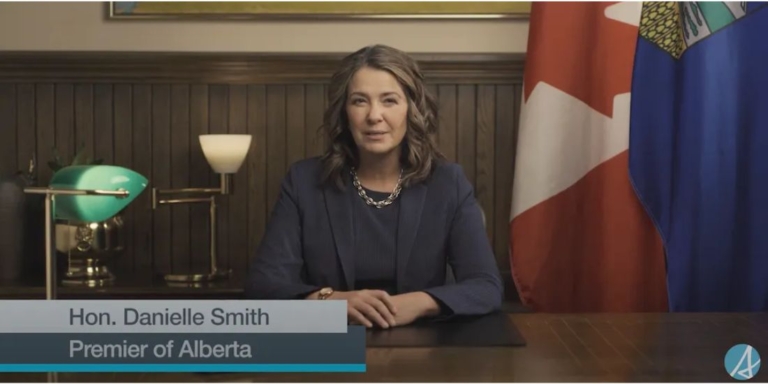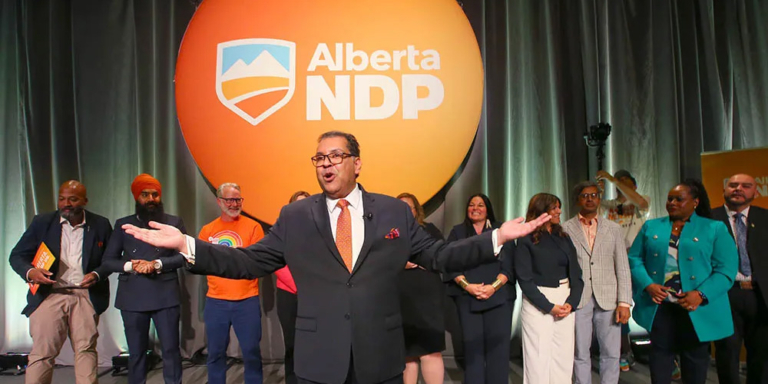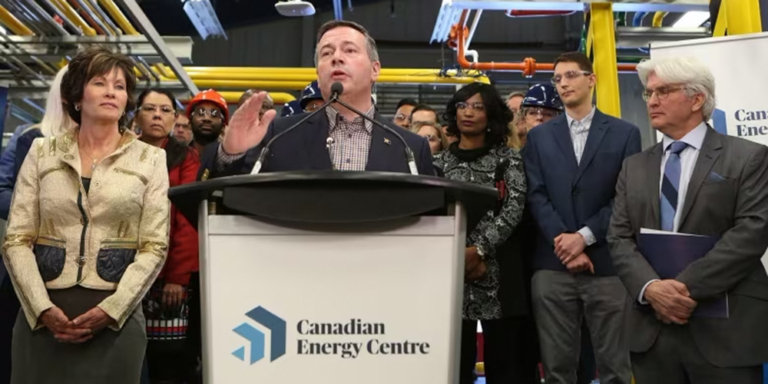Stoking fear and anger is one of the oldest tricks in the politician’s playbook.
Research shows people respond to fear disproportionally over any other emotion.
So, keep people afraid, and you can hold onto power without offering up any concrete solutions to problems.
The ploy is working because Alberta is near the top of the list as the angriest province in Canada. We share the honour with Saskatchewan and Manitoba.
We love being the best, but this accolade will likely get us even more angry!
The Rage Index
A recent Pollara Strategic Insights survey explored Canadians’ current mood through the ‘Rage Index.’
This index measures Canadian sentiments on six key areas: the performance of federal and provincial governments, the state of the economy and personal finances, reactions to news stories, and attitudes toward ongoing changes within the country.
More than six out of ten Albertans said they were pissed off, compared to 56 percent of Canadians overall. And young people between 18 and 34 were the angriest of all!
Trevor Harrison, a sociology professor at the University of Lethbridge, blames our province’s long-standing and toxic us-versus-them political culture, which Danielle Smith exploits almost daily in her constant fights with the federal government.
“It’s politically manufactured here so that people are constantly being told that you are hard done by, that you are under attack, and that the people who are attacking you are these various enemies outside. Even when good things happen, there’s a sense that all these people outside are gonna do you dirt,” said Harrison. Co-editor of the book Anger and Angst: Jason Kenney’s Legacy and Alberta’s Right.
This “extremely partisan” culture is no accident, Harrison said.
Politicians use anger to manipulate public opinion.
It bonds people between elections.
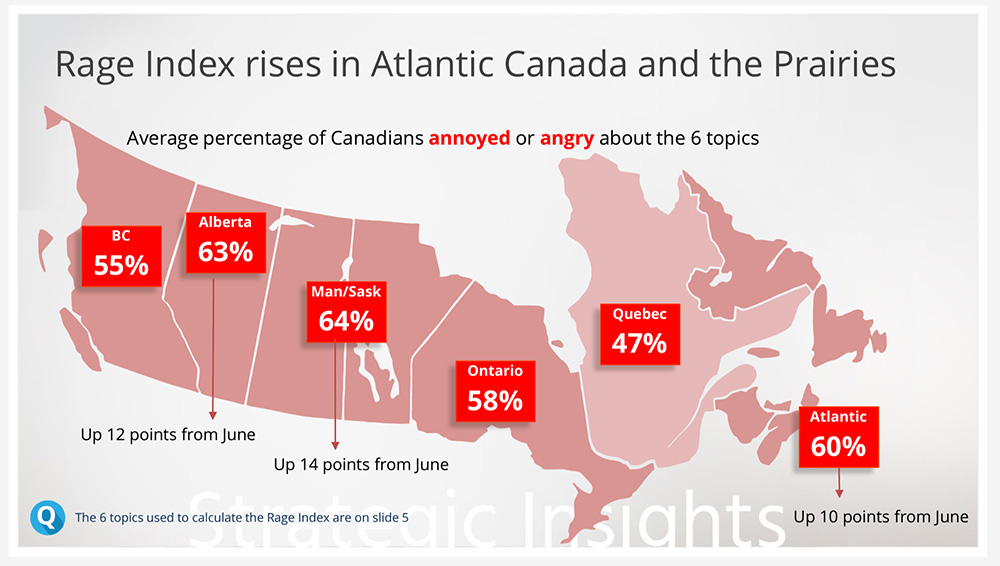

Fear and Anger Fuel Votes
During elections, fear and anger drive support for provincial conservative policies that attack Ottawa, internal enemies or progressive ideas.
To be fair, there’s a lot to be angry about these days – the cost of food and housing, international conflicts, and climate change uncertainty, to name a few.
“But when politicians add to this, they’re adding fuel to the fire,” Harrison says.
“This is when we see examples of extremist actions. Domestically, you can see domestic extremism, but also sort of when it leads to acts of prejudice and discrimination and hate crimes. Those things definitely increase when politicians focus on that kind of divisiveness that feeds anger.”
Even when things are going well, provincial politicians like to sustain divisive political narratives.
Why? Because it serves their interests.
A December 8 front-page headline in the Edmonton Journal reads, “Feds target West again.” This headline could have been written in 1970, 80s, or 90s and adds to a long history of building anger and feeling isolated from the confederation.
The problem is that the politics of anger don’t do much to address real problems like economic uncertainty or the high cost of living.
In fact, anger politics can be downright dangerous.
“… this is where fairly unscrupulous populist leaders, as we’re seeing in various parts of the world, can provide kind of a quick and dirty solution – ‘give all powers to me, and I will change things in one month because I’ll go after the enemies that are hindering or causing the problems that you have.’
It’s the classic “blame game” – an outside force that needs fighting, and the local or provincial politician is the one “who will fight for you.” Usually, the problem requires a bigger picture and long-term solution, but blame, fear and short-term ‘fixes’ are an easy sell to voters.
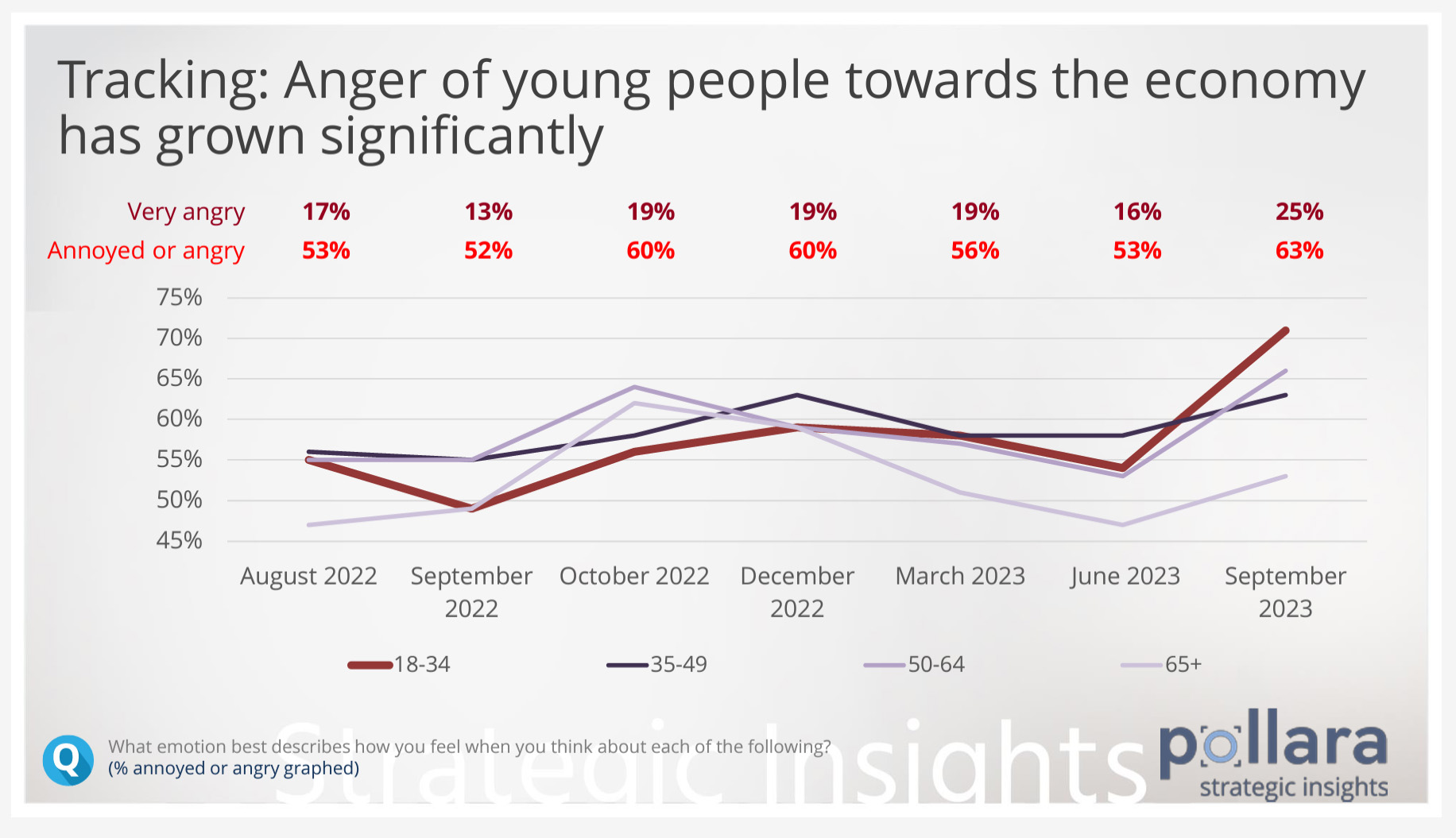

The Blame Game
Danielle Smith has perfected the art of blame and the “easy fix.”
The Alberta NDP also plays the blame game. Their air game during the election last spring focused too often on demonizing Danielle Smith rather than providing reasons why people should vote for them.
It’s also happening at the federal level.
In a 2022 opinion piece in the Washington Post, Canadian writer David Moscrop said this about Alberta-born and raised Pierre Poilievre, even before he was declared leader of the Conservative Party of Canada.
“He peddles an angry and appealing message: that Canadians are getting screwed, and he’s here to save them.”
In short, Poilievre’s campaign ideas, like Axe the Tax, resonate with Canadians.
According to Moscrop, “People are angry, anxious and tired. They want to hear politicians talk about solutions. That’s what Poilievre is doing, even if he’s out of his depth when it comes to delivering them. After all, stoking resentment and promising quick, easy fixes to complex problems is often good politics, if bad policy. It worked for Donald Trump…”
It turns out you can take the boy out of Alberta, but you can’t take Alberta out of the boy.
But remember, in a world where fear and anger manipulate politics, the only force stronger than the toxicity of divisive narratives is the power of people coming together to demand change.
The Rage Index may rise, but it’s within our unity that we find the antidote to a political culture desperately in need of transformation.



